#じゃう
Explore tagged Tumblr posts
Text
Question tags and unintentional actions
Let's start with discussing question tags. The example comes from Mars Red manga.

じゃないか for question tags
Context: Yamagami (on the right) is lecturing Kurusu (on the left) on vampire behavior. Kurusu's behavior might spoil the image of vampire soldiers. Apart from this, Kurusu can't come to terms with being a vampire, and Yamagami is trying to help him accept their new reality.
よくない = negative form of いい
いいじゃないか = it’s not good, is it? (for vampire soldiers)
When do we use tag questions or negative questions?
In English, negative questions aren’t as common as in Japanese. You really need a good context to ask a negative question in English. In Japanese, negative questions sound:
less direct;
polite;
and most of the time they imply that the speaker already knows the answer but is seeking confirmation from their speaker (it’s a soft rule), for example:
You don’t like coffee, do you? ⇐ I know you don’t, but do me a favor and just confirm my information.
sometimes the speaker may be just speculating [isn’t so sure; as far as I remember, you don’t like coffee…];
question tags also work as a reminder [you know you will break your neck if you do it, don’t you?];
volitional form + じゃないか work as an inducement. You can stick to a plain volitional form, but adding じゃないか makes the whole thing sound a bit more urgent as in “come on, let’s get out of here… [I really want to leave this place] 早く出かけようじゃないか.
You can also use じゃない without the question marker か or ですか. The question marker makes you sound polite, and it makes the whole statement less certain. じゃない alone sounds like you’re sure of what you’re saying.
There’s also the issue of female vs. male speech (and in this case, grammar rules don’t apply at all, sigh)
Also, remember about the formality level: ではないか?; ではないですか?; じゃないですか? etc.
んじゃない vs じゃない
If you know the rules for んです/のです then you already know what this little ん does before じゃない。
More about んです/のです here.
Shared background information/explanatory nuance + question tag = んじゃない
In the example above, Yamagami can't really say: いいんじゃないか because it would mean that both of them know about the code of conduct for the vampire soldiers. However, they are new to the situation, they know nothing about vampires, how they should behave, eat, etc.
They don't share the same background information and Yamagami might be lecturing Kurusu, but he's only guessing, and his guess is not influenced by anything. いいんじゃないか would mean that his guess is influenced by some experience or by something that another vampire soldier has told him — lots of possibilities.
One more example from Jujutsu Kaisen

(Speech bubble no.2) Sasaki asks Itadori: "Wouldn’t it be better to show off your skill in the sports club?"
才能 = さいのう = talent; ability
発揮 = はっき = show; exhibit [suru verb]
運動部 = うんどうぶ = sports club
んじゃない = explanatory nuance/shared background information + question tag without か = Sasaki and Itadori share the same information (Itadori is good at sports, and he would be better off in a sports club, but for some reason, he joined the occult club) and no か is adding a bit of certainty to the statement/question.
てしまう or ちゃう / じゃう
Short grammar structure explanation: てしまう (formal; textbook) is replaced by ちゃう (casual; speech). For the verbs that employ で in its て form, でしまう is replaced by じゃう.
I remember seeing “finish something completely” and “unintentional actions” in textbooks and on websites.
But what does it mean to “finish something completely?”
When you finish something, it’s done/completed. Can it get even more completed?
These were the questions I'd constantly ask myself upon seeing this grammar.
Unintentional actions
The verb attached to ちゃう・じゃう becomes unexpected (even to you) or inconvenient. You might regret your own (or someone else’s) actions or be surprised. You can interpret it as:
I didn’t mean to [verb] but it happened, sorry!
“Unintentional actions” (accidentally, done by accident) are often used with adverbs like うっかり (absentmindedly) and ぐうぜんに (unexpectedly).
I dropped my wallet ⇐ I didn’t plan it. It was an unexpected situation, and it definitely was inconvenient.
You changed your hairstyle (“I got bored with my previous hairstyle.” 前の髪型にあきちゃった) The fact that I got bored with my previous hairstyle was as unexpected to me as it is to you now. It also sounds like you didn’t even talk about going to the hairdresser’s at all, and suddenly you show up with a new hairstyle.
You bought a new piece of clothing, and you’re like “Oops I did it again…” You didn’t want to buy it, but it sort of happened.
ちゃう・じゃう, in a way, implies a sudden change/action (surprise).
Remember! You or the speaker have some volition while performing the action. It’s not like you suddenly lose consciousness and for a few seconds you don’t know what is happening and once you’re come to you’re like “what just happened? :O”
Finishing something completely
You won’t do the verb anymore, so to say. You give up on the verb. It can also suggest a positive context (for example: Yes! Finally, it’s over, and I’m happy!).
I put all my summer clothes in the closet (no more summer, I don’t need them anymore, I won’t be wearing them for at least 5 months)
I’ll finish writing the report tomorrow at 9 AM. At 9 AM you’ll have the report ready, the action of writing it will be so freaking done.
Let's analyze that combo from the other speech bubble.
Kurusu is saying: If we get shot, we might die, right?
Note: Kurusu uses very polite language no matter who his speaker is.
死んじゃう = to die (inconvenient result/unexpected [it’s not like a gunshot always kills people, some people survive, but if you die it will be shocking/surprising/kind of unexpected]).
かもしれない = modality (more here) = might/may/maybe
じゃないですか = question tag
An easier example from Jujutsu Kaisen manga, chapter 1.

食べちゃった = it was unexpected even to Yuuji, inconvenient to all of them. Does Yuuji regret eating it? He probably does.
Also, from my own experience this grammar in English is apparent in one’s tone of voice, facial expression, stammering, some filler words, etc. While in manga characters’ facial expressions tell you something, in real life, it doesn’t really work that way.
3 notes
·
View notes
Text

Happy new year!
良いお年を!
#happy new year#vegebul#vegeta#bulma#trunks#bulla#db#dbz#dragon ball#dragon ball z#fan art#hrkbluesky#明けましておめでとうございます#トランクスを半袖にするんじゃなかった#私、毎回何かしらミスるな笑
174 notes
·
View notes
Text

Bouncy creature straight from my heart
241 notes
·
View notes
Text












2024.07.15(月、海の日)
3連休の最終日。「うだつの上がる町並み」として歴史的家屋が残る美濃市へ行ってきた。
福井北ICから九頭竜ICまで開通している中部縦貫自動車道を利用し、158号線に入り岐阜県白鳥(sirotori)町へ。
国道沿いでは、令和8年供用予定の九頭竜ICから油坂出入口までの複数の工事現場が、祝日にも関わらず作業中であった。ここが供用されると岐阜の方の自動車道と繋がり、より一層便利になる。福井区間は無料で利用できるのもいい。
白鳥から国道156号線で山間の道を目的地の美濃市へ向かった。
天気は曇天で傘の心配はなかったが、蒸し暑さには参った。帰りに郡上市美並町にある「日本まん真ん中温泉 子宝の湯」で、汗を流し、郡上八幡で遅めの昼食をいただき、帰路に就いた。
写真
小坂酒造場(「百春」蔵元、Kosaka Shuzojo、HYAKUSYUN Sake Brewery、1772年創業、起(むく)り屋根(なだらかな凸状になっている)と卯建(うだつ、家同士の境目に分厚い土壁を入れて、その上に瓦の屋根飾りをつけ、防火壁としたもの)が美しい建築物で有名)
瀧神社(御祭神 水園象女之尊、瀬織津比咩尊、八百万神)
郡上八幡旧庁舎食堂の若鳥のモモ肉を使った「鶏ちゃん(けいちゃん)定食」
など
#美濃市#小坂酒造場#瀧神社#子宝の湯#郡上八幡#この日郡上踊りはやってなかった#お土産は美濃手すき和紙専門店「カミノシゴト」でかやうちわと和紙のメモ帳、郡上八幡でハンカチ、小坂酒造場で酒粕など#美濃市の「割烹 朝田屋」さんで「レモン香る爽風御膳」を食べたかったが、お��は予約じゃないと難しいみたいだった。#美並町の星宮神社横にあるという「かふぇ ほしの里」(土日限定営業)も行ってみたかった
79 notes
·
View notes
Text
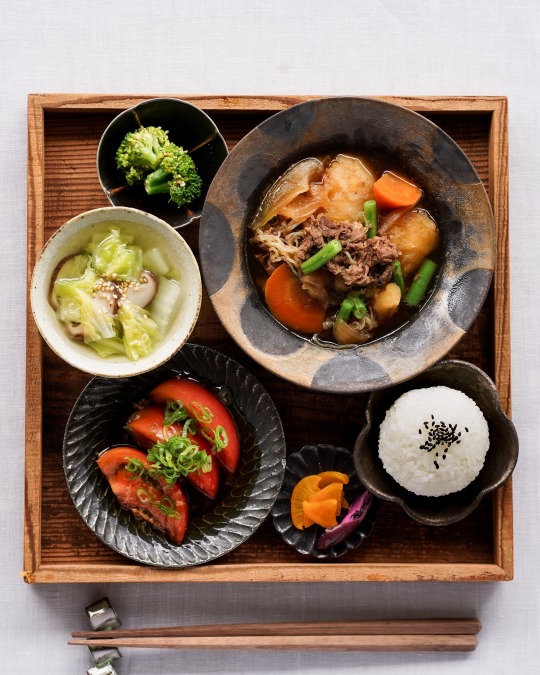
みんな大好き肉じゃが。
135 notes
·
View notes
Text

流し目。
Slow shutter speed.
147 notes
·
View notes
Text

キスの日だったから描こうとしたけどこっち見んなになった
59 notes
·
View notes
Text
三石琴乃 - 夢見るだけじゃダメ Kotono Mitsuishi - Yume Miru Dake Ja Dame Bishojo Senshi Sailor Moon - Insert Song -Episode 40-
#el.nakamori#El Nakamori#NAKAVISION#Sailor Moon#Bishojo Senshi Sailor Moon#Kotono Mitsuishi#Mitsuishi Kotono#三石琴乃 - 夢見るだけじゃダメ#三石琴乃#夢見るだけじゃダメ#ANISON#アニメソング#美少女戦士セーラームーン#セーラームーン#Usagi Tsukino#Tsukino Usagi#月野 うさぎ#月野うさぎ
22 notes
·
View notes
Text
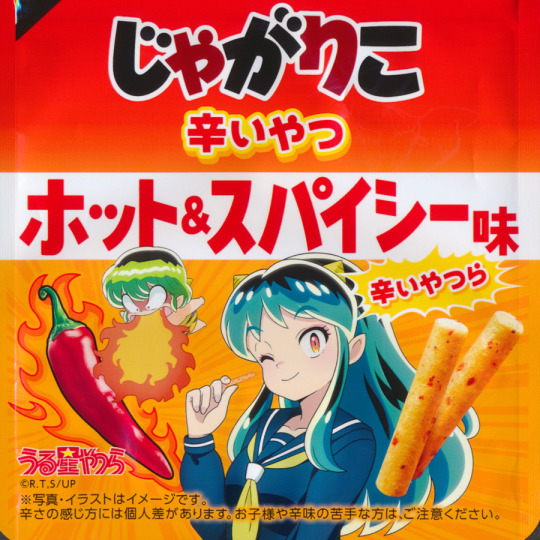
62 notes
·
View notes
Text
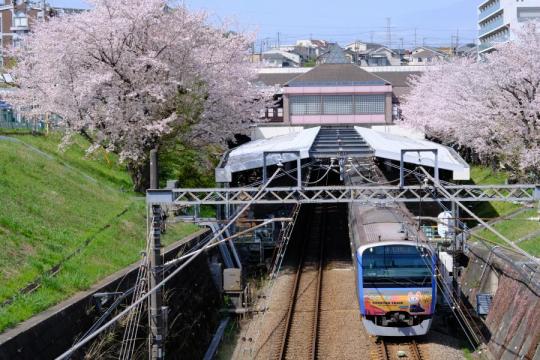
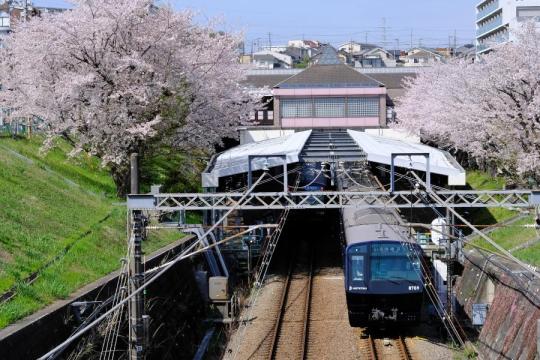
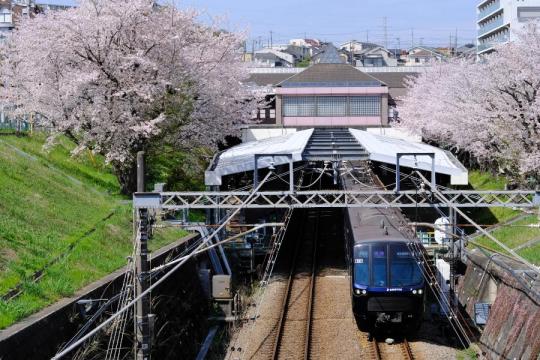
相模鉄道 弥生台駅 桜 そうにゃんトレイン 8000系 20000系
富士フィルム X-H1 XF56mmF1.2R
この後、海老名・かしわ台の撮影地へと。
【追記】そういえば、途中、この撮影地にも寄りましたね。
※近隣の中華ファミレスでランチ:味玉バーミヤンラーメン※
#鉄道#鉄道のある風景#相模鉄道#弥生台#桜#さくら#そうにゃんトレイン#青空#ヨコハマネイビーブルー#鉄道写真#風景写真#鉄道風景写真#富士フィルム#x h1#fujifilm#railway#railway photography#landscape photography#original#my photos#original photography#train#flower#flowers#sakura#cherry blossoms#じゃない鉄道写真#いずみ野線
47 notes
·
View notes
Text
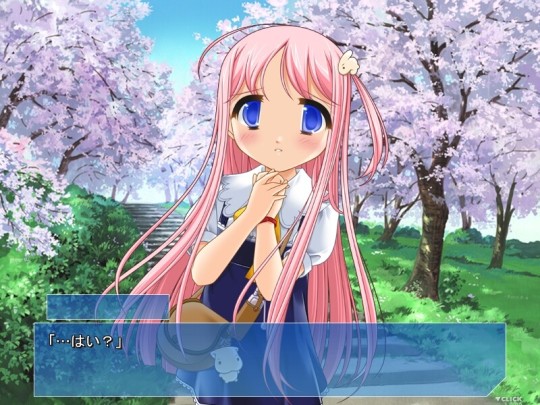
#ひゃくにじゅうえんのはる#Hyakunijuu En no Haru#¥120Stories#120円の春#120 Yen no Haru#アニメ#かわいい#animecore#anime#otakucore#webcore#kawaiicore#kawaii#visual novel#vn#weebcore#neetcore#moecore#pinkcore#sakura#cherry blossom#game cg#y2k anime
95 notes
·
View notes
Text


Not華麗but加齢饂飩
12 notes
·
View notes
Photo

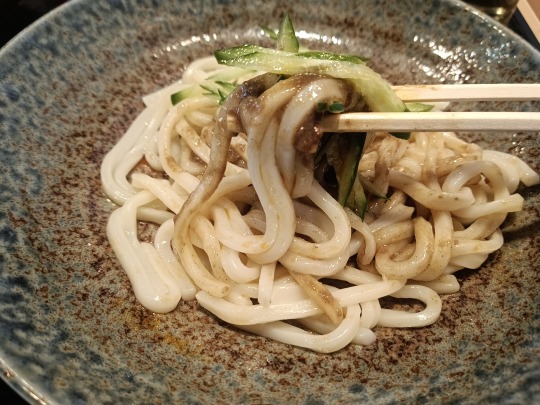
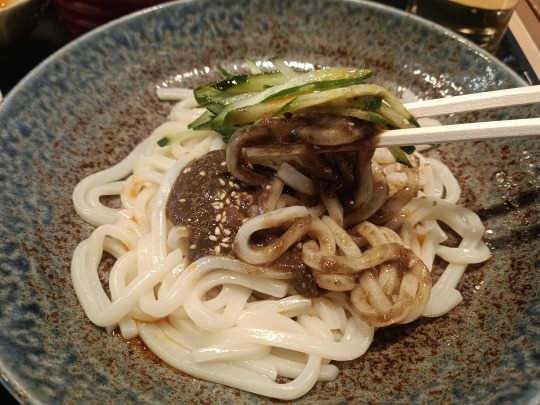






寿松庵 仙台空港店で、盛岡じゃじゃ麺、1,100円也。
Jyajyamen, pork miso udon noodles, at the Sendai airport branch of Jyushoan, Sendai city.
56 notes
·
View notes
Text

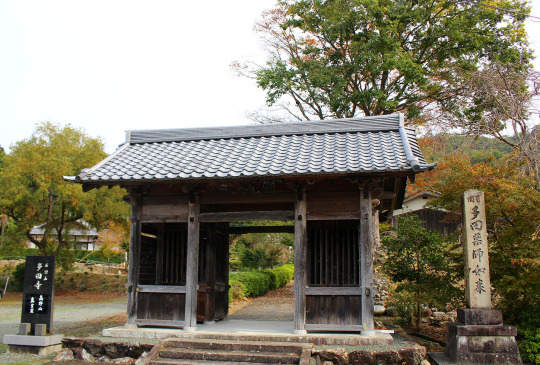

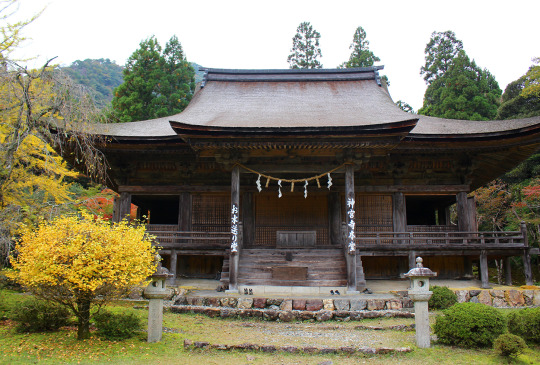
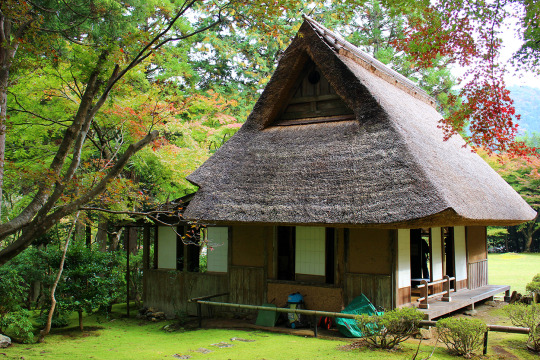
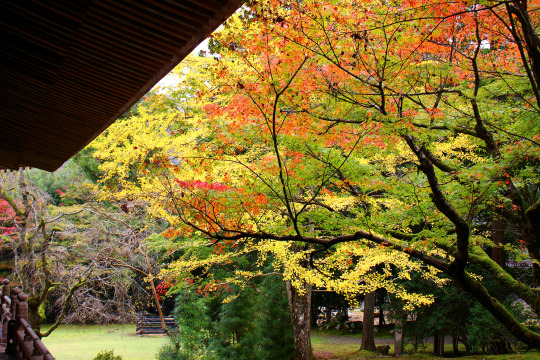
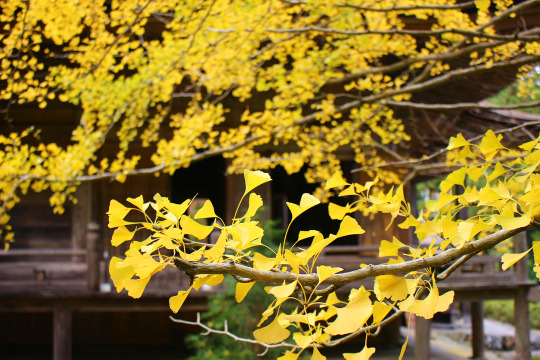
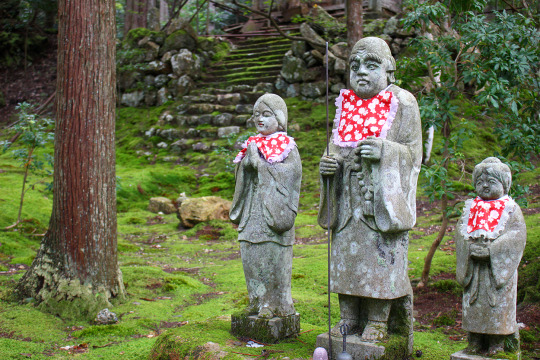
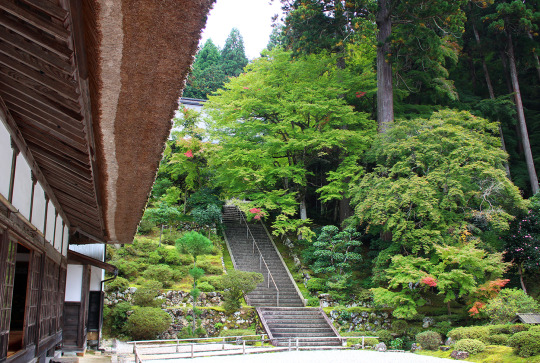

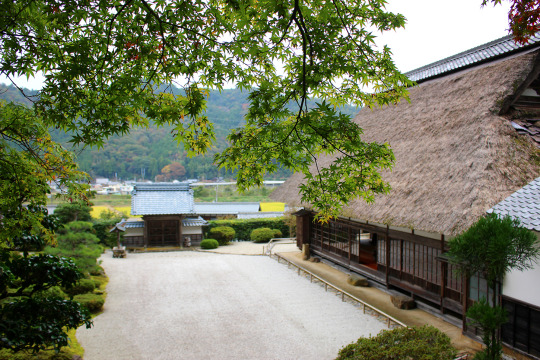
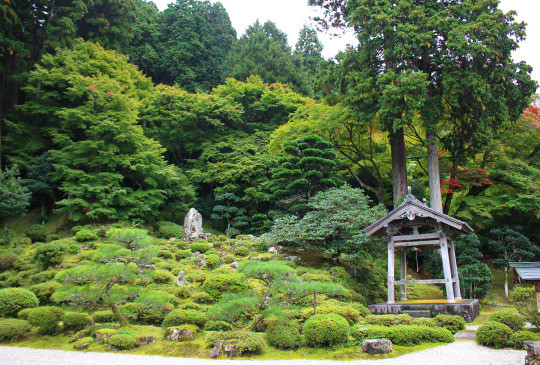
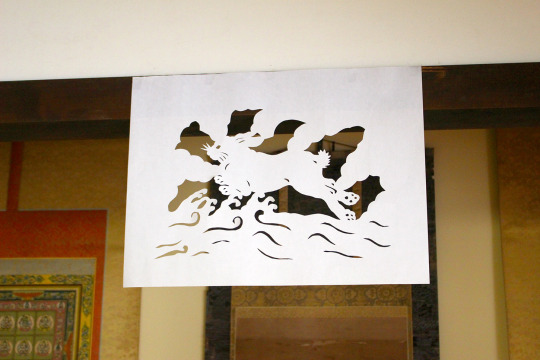
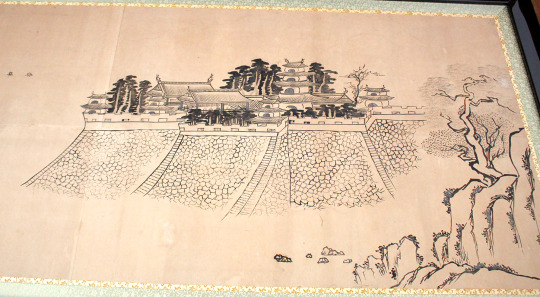
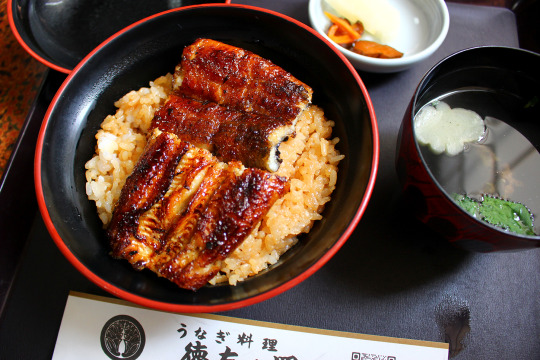
2023.11.04(sat)
若狭路をぶらりドライブ。
「海のある奈良」「小京都」と呼ばれている小浜市。紅葉にはまだ少し早かったけれども、初めて訪れる寺院は見ごたえがあってよかった。
昼食は「うなぎ料理 徳右ェ門」さん。
他でもちょこちょこ食べたいものがあるかもっていうことで、ほどほどの量の「うな丼」を食す。肝吸いもついてます。三方五湖で獲れる鰻は、薄皮で身はふっくら絶品です。
家のお土産は、敦賀の「天清酒万寿店(てんせさかまんじゅうてん)」さんで酒饅頭、自分用に「小浜酒造」さんの「純米吟醸わかさ」を購入。
〇高野山真言宗 石照山 多田寺(御本尊:薬師如来)
この御本尊は眼病に効き目があるらしい。
〇比��山天台宗 霊応山 神宮寺(御本尊:薬師如来)
3月2日に神宮寺の境内にある「閼伽井戸(あかいど)」で汲まれた水を、1.8km先にある「鵜の瀬」から流し(お水送り)、3月12日に奈良東大寺二月堂で「お水取り」が行われる。1300年以上続いている。
神仏習合のお寺でもある。
〇高野山真言宗 延宝山 萬徳寺(本尊 阿弥陀如来坐像)
高齢の名誉住職 田中寛孝(かんこう)さんが説明をして下さいました。
埋石式枯山水庭園が有名。庭園横の座敷の欄間には、小浜藩藩主 酒井忠貫(ただつら)公の水墨画が残されている。また高野山関連で有名な吉祥宝来の切り絵が3点ほど掲げられていた。写真は今年の干支の「兎」
69 notes
·
View notes
Text

“I can’t live like this forever, can I?”
7 notes
·
View notes
